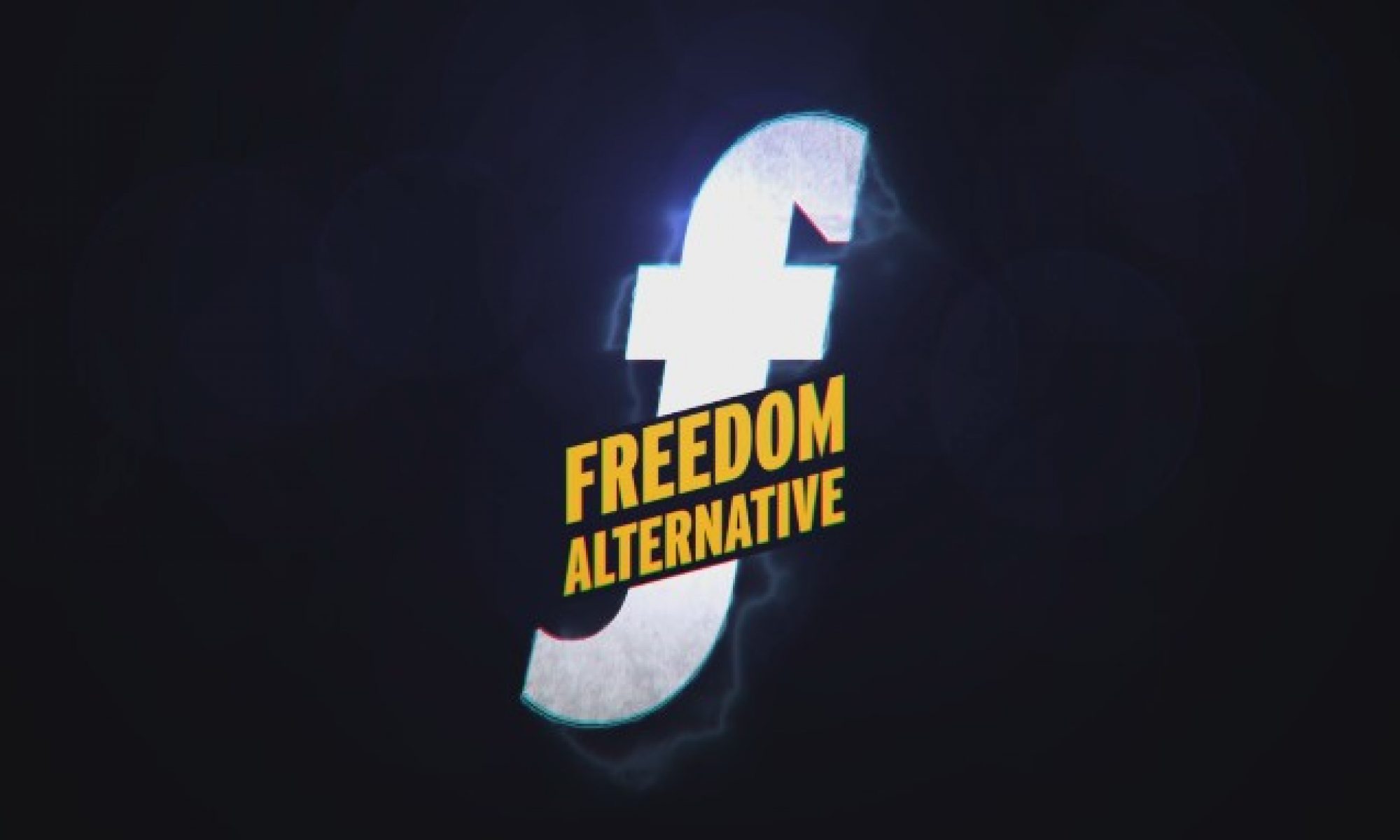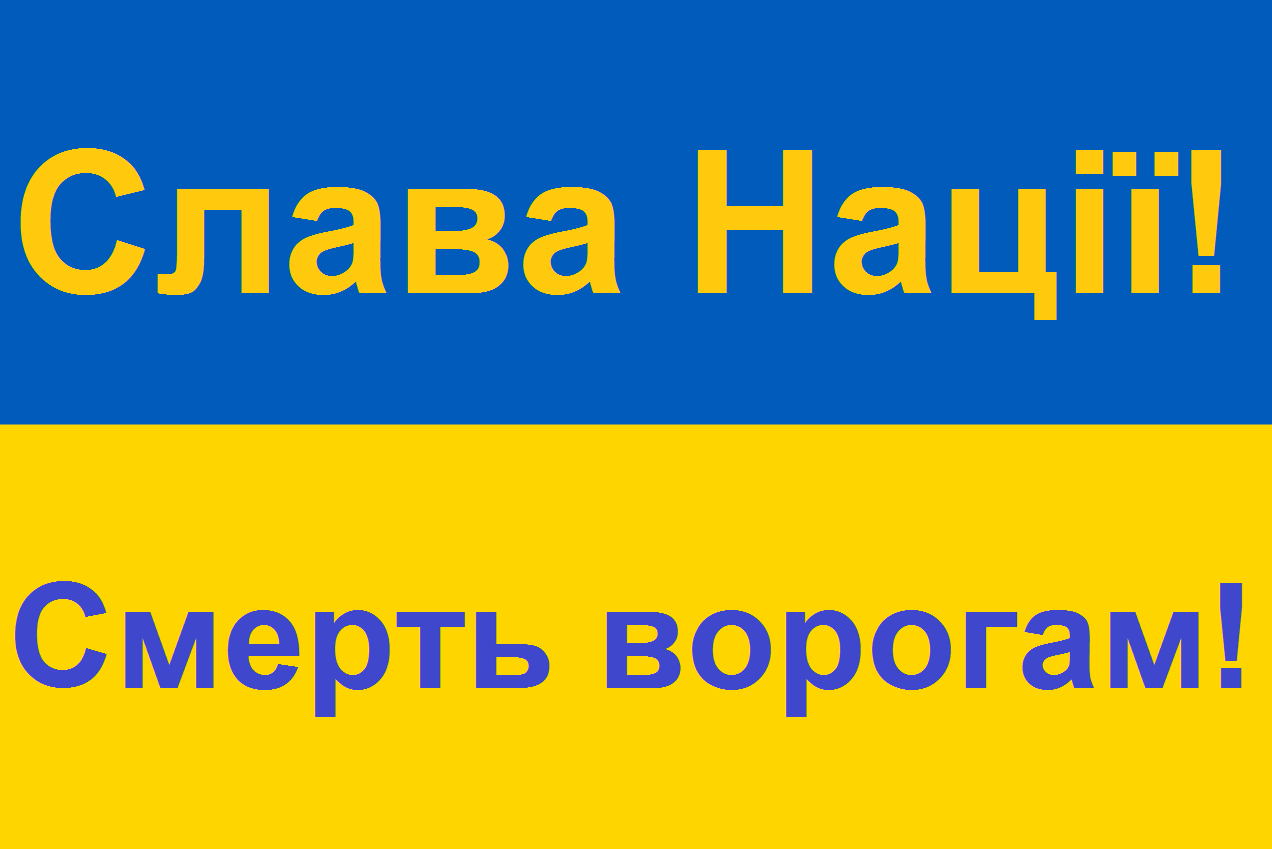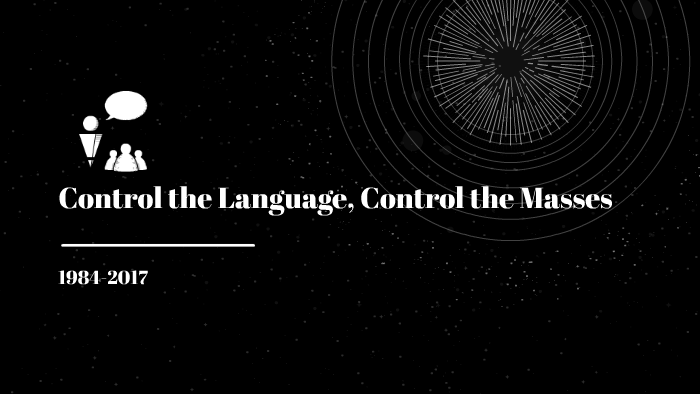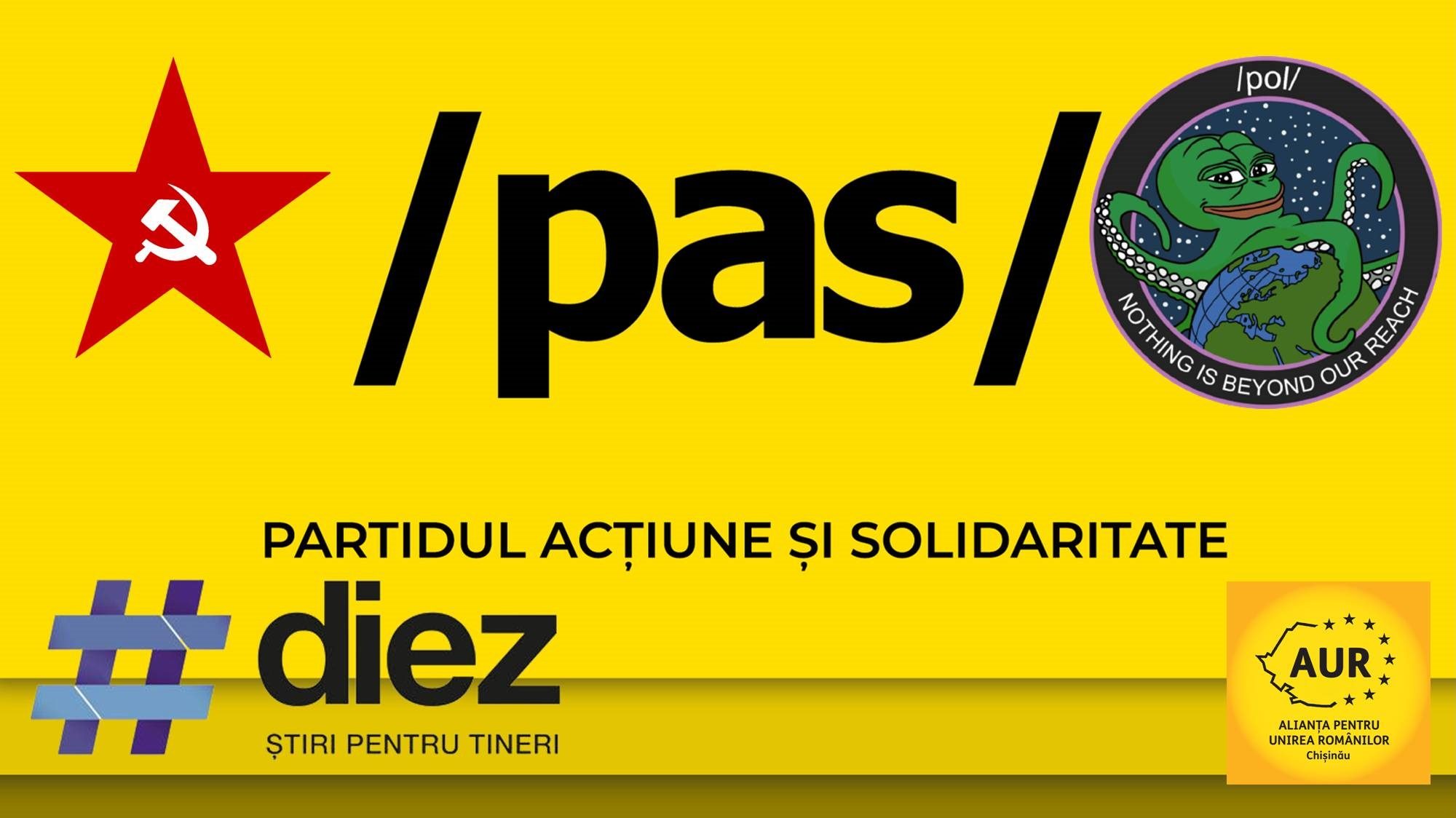Whether you call it Rule 34, educational content or, as in past times when Broadway was more honest – The Internet is for Porn – the fact remains that sex sells and sex-related trade is a driver of most new …
There will be regulations on smartphones. But how?
The Florida House just passed a bill with bipartisan support that purports to ban social media use for teenagers under the age of 16. A bit over a month ago the Swedish government called for a review of school …
On FAN’s continued resilience
If you had told me on February 24, 2015, when I created the Freedom Alternative channel that almost nine years later I will still be writing scripts for new videos, I would’ve said that it’s likely, though not highly likely.…
Pro-Ukraine as a luxury belief
It very rarely happens to find myself somewhat on the side of the establishment. Least of all on an international issue.
Last time I was on the side of the establishment neither the concept nor the disgusting real-life manifestations of …
Language always matters
One of the reasons half of our recommended reading list is about language and framing is because it is the most important tool of politics of any kind. The way an issue is framed and the language used to frame …
Perhaps a breaking point?
When I’m writing this, the controversy related to Novak Đoković being held in the Melbourne airport is yet to be resolved. So many of you will already know the result by the time you’ll be reading this.
Nevertheless, regardless of …
The politics of /Moldova/
Just recently, the donors of the Network have fulfilled the fundraiser towards a 2-week-trip to Republic of Moldova to cover the campaign for the upcoming snap elections. We are grateful for your generosity and we already started putting the …
Should Jenner rule over California? [VOTE]
Voting ends the day we tape the 14th episode of the World Sofa Report.
This is a very scientific poll. CNN-level or higher. Please vote accordingly.…
The crisis religion du jour
Every crisis becomes a religion if it lasts long enough.
One factor in that transformation is the Beautiful Theory phenomenon: the power elite insists its remedies are logical and politically correct so they must work, even if the actual evidence …
10 great things owed to the Wuhan flu panic
During this oftentimes disproportionate panic one must not forget to look at the benefits brought by this period. Especially considering that some of the benefits are quite significant in their own right.
First of all, let’s get one thing clear: …










